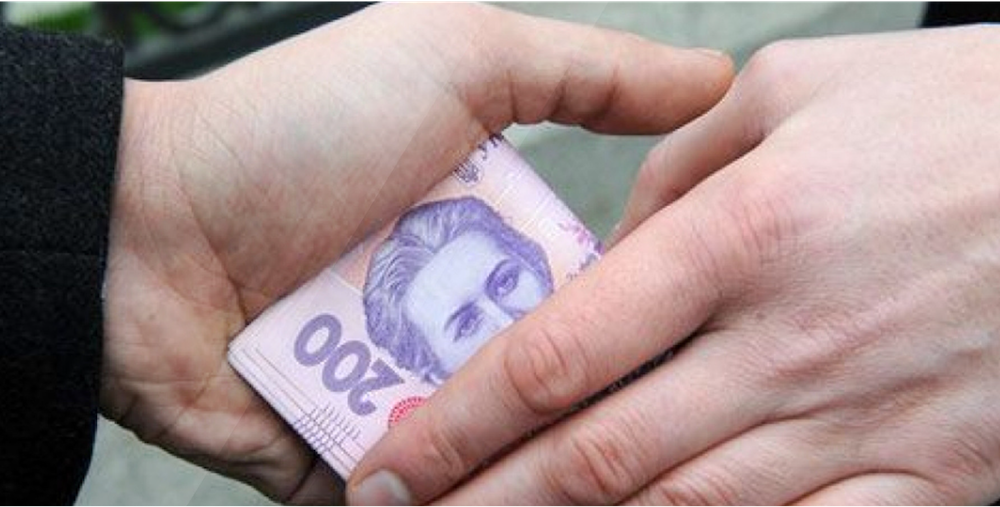The Central Election Commission explained how to correctly apply the certain paragraphs from Article 64(6) of the Law of Ukraine on Election of the President of Ukraine. These paragraphs particularly concern prohibition of campaigning, which includes giving the voters money, free or discounted goods, services, works, securities, credits, and lotteries.
Thus, Ukrainian legislation distinguishes direct and indirect bribery of voters, and establishes different types of liability. According to the Law, the qualifying feature of indirect voter bribery is its connection with election campaign.
Offering, promising, or giving a voter an illegal incentive for any actions or inaction (refusal to vote, voting more than once at an election precinct (referendum precinct)), voting or refusing to vote for a certain candidate or candidates nominated by a political party or local cell of a party, handing the ballot paper to another person, are qualified as direct bribery. Direct bribery shall be punished by up to three years of restriction of liberty or deprivation of liberty for the same period with no right to hold the certain positions or be involved in the certain activities from one to three years.
According to Article 160 (1) of the Criminal Code of Ukraine, any voter, who accepts an offer, a promise, or receives an illegal incentive for himself or a third person for any actions or inaction related to the voting process, may be subject to criminal liability.
Besides that, according to the Article 160 (3) of the Criminal Code of Ukraine, any campaigning that includes an illegal incentive or free goods (except for items bearing name, logo, or flag of a party, which price is below the allowed amount established by the Law), works and services, offered to enterprises, establishments, and organizations, is indirect bribery.
“Having analyzed law regulations, we made a conclusion that in order to ascertain a fact of voter bribery in criminal and administrative proceedings, it should be first investigated and determined whether there were any urges or propositions to vote or not to vote for a certain candidate, or any candidate's name mentioned,” – the interpretation says.
According to the Article 64 (6.2), it is also prohibited to conclude remuneration contracts with voters for the organization of campaigning, financed from electoral fund of a candidate for the President of Ukraine.
However, according to of Articles 58 (1) and 11 (4.3.), election campaigning is a stage of an election process, aimed to urge the electorate to vote or not to vote for a certain candidate for the President of Ukraine.
Taking into consideration the abovementioned, engagement of voters in election campaigning, including remuneration-free contracts for its organization, is guaranteed by the Constitution of Ukraine and cannot be restricted.
However, according to electoral legislation, voters can directly participate in campaigning efforts only on a voluntary basis.
Such contract for organization and/or realization of campaigning and/or dissemination of campaign materials may cover if needed the following: expenses of individuals, who are directly involved in election campaigning, on phone services, travels (including luggage expenses), food, accommodation, and other expenses on realization of campaigning in other settlements etc.
The funds paid under such contracts must be included in a report on contributions received and expenditures made from current campaign fund account of a candidate for the President of Ukraine (Form #1, Appendix #1 to Resolution of the Central Election Commission of 3 January 2019 #3) under line item code #1400 “Other expenses on election campaigning”.
The CEC has also decided to send the Resolution to the Office of the Prosecutor General of Ukraine, Security Service of Ukraine, State Investigations Bureau, Ministry of Internal Affairs of Ukraine, National Police of Ukraine, and National Agency for the Prevention of Corruption.
